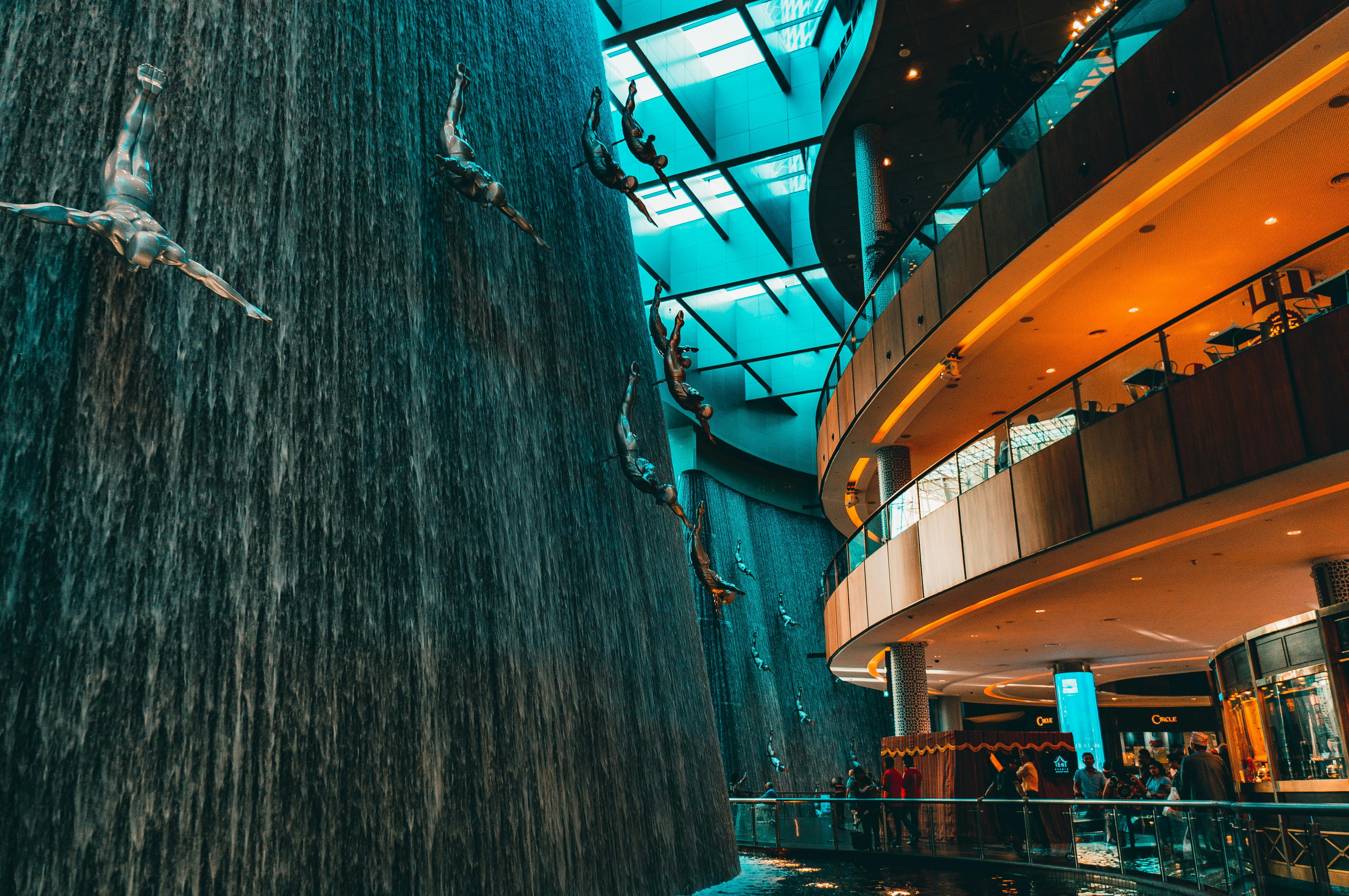2023 Luxury Shopping Trends in the Middle East
Many big brands have recognised the Middle East's opportunity for luxury retail, especially inside the UAE’s hugely popular mega-malls. Shopping trends have begun to shift recently so retailers need to be prepared by discovering the critical luxury shopping trends of 2022.
There’s no doubt that, despite the many challenges of the last few years, the Middle East remains a leading territory for the luxury retail sector. It’s a vibrant market for those seeking elite experiences and high-value goods, and retailers equipped with the right information and a customer-focused approach will be in pole position to reap the rewards of their investment.
Below are the critical luxury shopping trends retailers should look out for when operating in the UAE in 2023.
Luxury fashion will continue to grow – but a superior local experience is key
According to Arabian Gulf Business Insight’s analysis of McKinsey’s State of Fashion report for 2023, the Middle East is expected to be a leading contributor to luxury fashion’s global growth of 5 to 10% this year.
The report states that ‘…the Middle East may become [a] new haven of growth, requiring brands to further localise designs, marketing and merchandising to attract new customers’, backed by Chalhoub Group’s CEO Patrick Chalhoub, who cites the region as holding greater promise in 2023 than in 2022:
‘What the fashion industry needs to do is make sure we maintain relevance for our local customers. Before 2020, two thirds of luxury spending by GCC shoppers happened abroad because they perhaps weren’t getting the experience, service, choice or journey they wanted when shopping locally.
We need to make sure that we do not decrease the amount they are buying outside the GCC, but increase the amount they are buying locally. We need to be there to fulfil what they want more.’
Luxury sales will still predominantly take place in store
Statista claims that almost 78% of luxury sales are predicted to happen offline by 2025, and this is supported by Dubai-based Commercial Real Estate Consultants’ report, which found that in-person retail transactions increased by 133% and transaction value by 184% over the last year.
It’s clearly a significant trend - real estate consultants CBRE also report a strong return to in-store shopping, with footfall in Abu Dhabi and Dubai in particular at 18.6% and 20.4% above their respective pre-pandemic baselines.
Immersive local experiences will remain significant in boosting sales
Meeting the needs of those profitable local customers who clearly crave in-store experiences relies on providing unique, memorable and, in the case of new luxury shoppers, socially shareable encounters. Vogue business suggests that new concept stores are key to retail sales success in the UAE as they bring hospitality and retail together in one location. Elisa Bruno, general manager of Level Shoes, the world’s largest shoe store, says: ‘[UAE] is very demanding of experiences, services and the ability to select products that tap into the local culture, while having a very international look and feel. Concept stores are important to the retail mix.’ Not only do immersive experiences provide a service that cannot be emulated online, but they also encourage both locals and tourists to visit the store to experience something new.
Dubai in particular has the reputation of pushing the boundary between retail and new experiences to redefine the customer experience. This innovative approach means that luxury brands operating in the area lead the way in shaping the future of physical shopping.
Data analytics will become increasingly important
Investing in and successfully implementing retail technology has become massively important to the Middle East, and retailers are keen to make the customer shopping data collected from every touchpoint work for them. Hamad Buamim, president and CEO of Dubai Chamber of Commerce & Industry, believes that a robust platform for data analytics offers the perfect opportunity for businesses to drive customer behaviour. By unlocking key insights into every shopper, data analytics will help bridge the gap between offline and online shopping as well as create a personalised experience for every customer in store, improving sales, retention and loyalty. And loyal customers will not only improve repeat custom but also spread the word to others - Arabian Business claims that 89% of loyal customers in the UAE were found to recommend their favourite brands to friends and family.
Red Ant as a global retail tech provider
At Red Ant, we view our clients as partners. We are invested in helping your stores flourish - RetailOS enables you to engage, transact and elevate in a truly personalised way for the long term, wherever your stores are. Our clients know that the solutions we provide are truly global, forward-thinking and future proof. Our award-winning tech is proven to maximise sales, deliver exceptional customer service and drive operational performance.
Our omnichannel retail platform brings essential retail apps together with your existing systems, content, and data into a single colleague hub and is informed by retail data analytics. With everything in one place, RetailOS gives your store associates more time to do what they're best at – delivering brilliant customer service.
Take the first step and contact us for a demo today.
